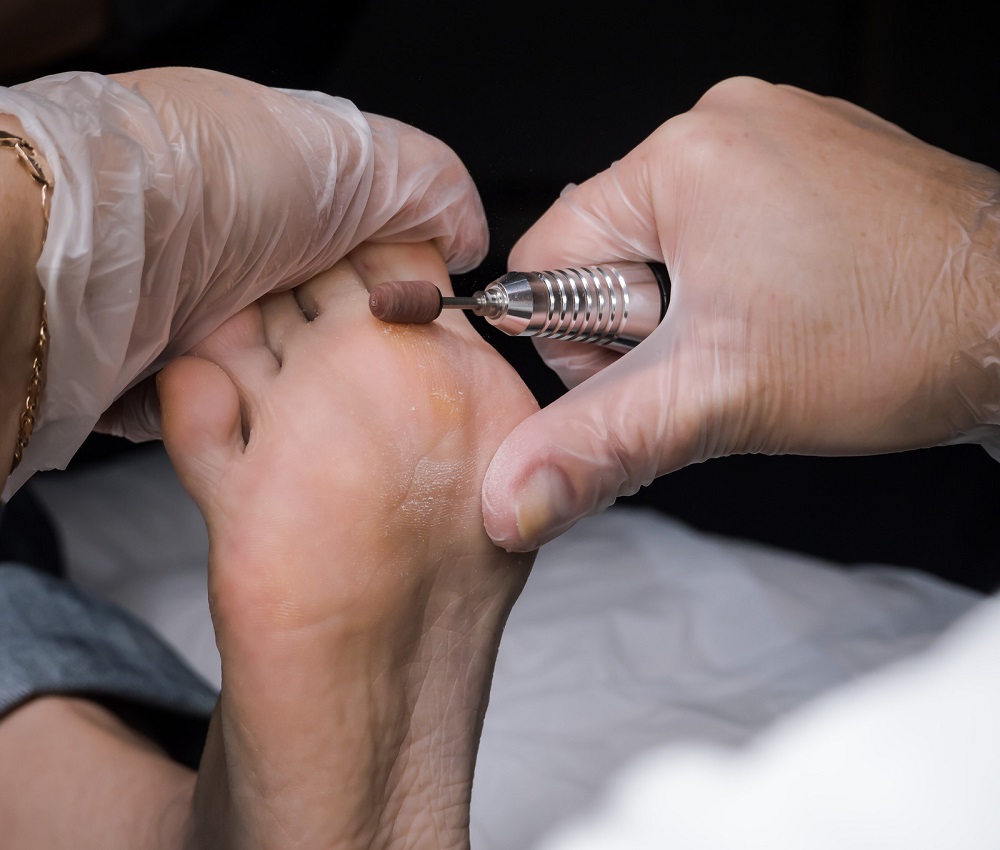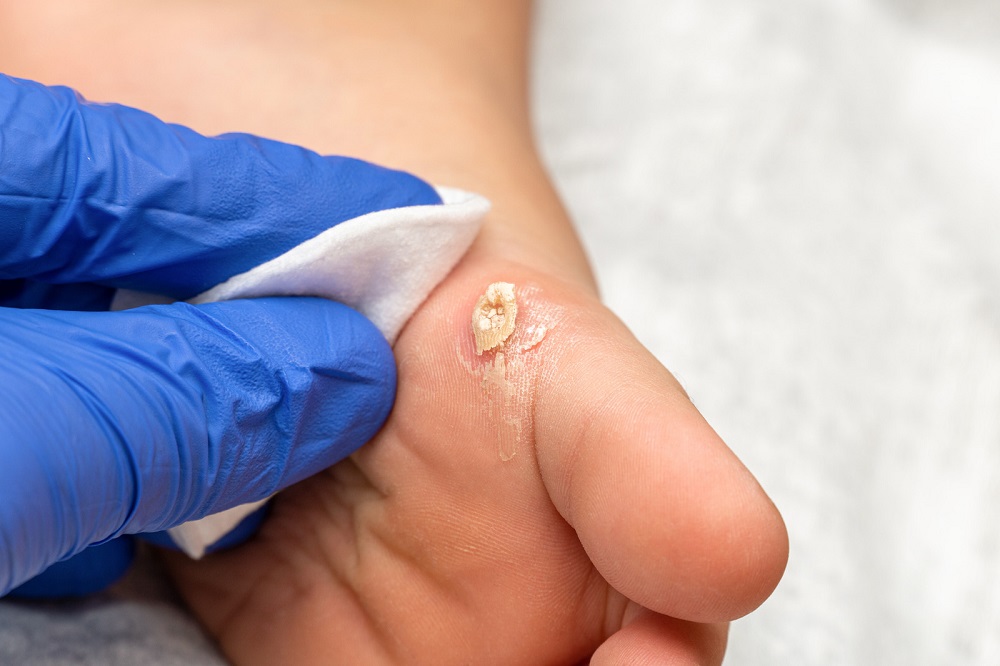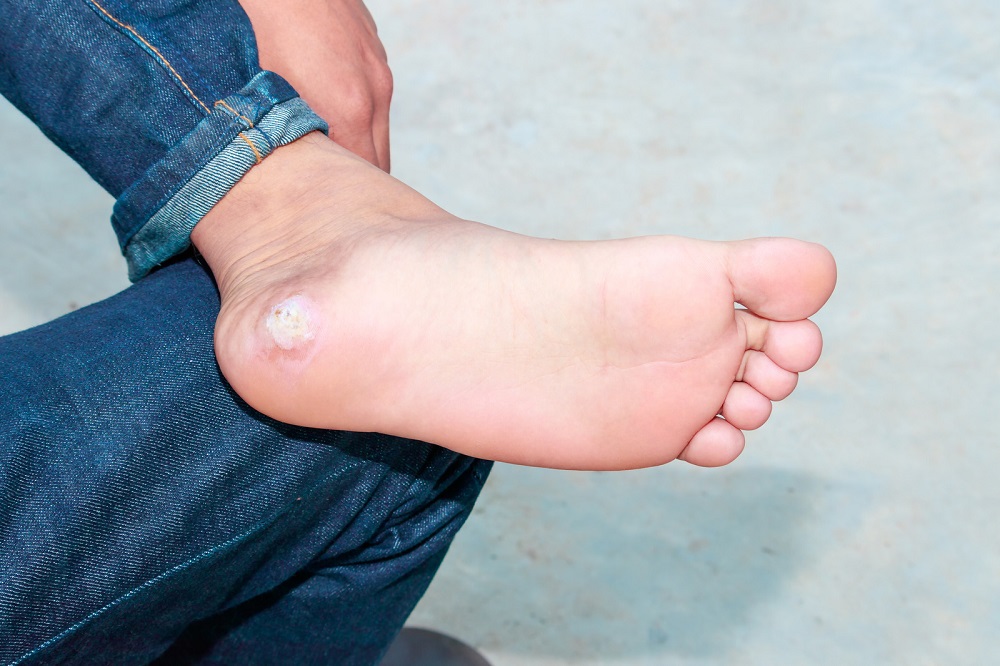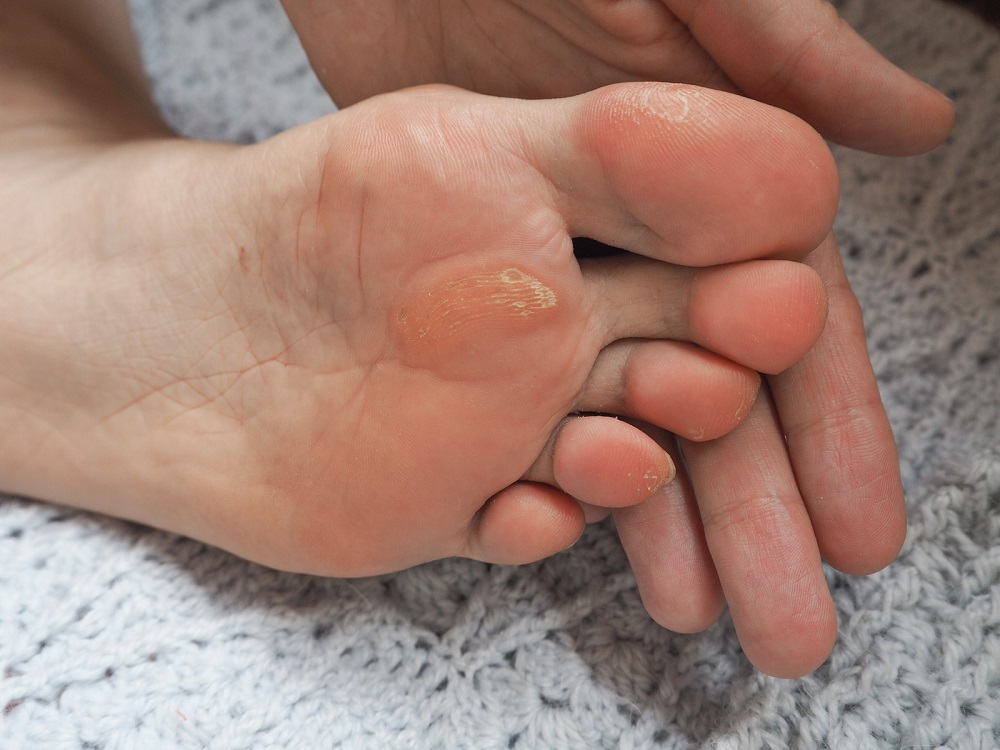Book an Appointment
Best Corns Surgery Treatment in Hyderabad and
Advanced Laser treatments
Corns can be quite a nuisance, especially if left untreated. As an experienced medical content writer, I’m here to provide you with a comprehensive guide to corn treatment in India, touching upon numerical demography, causes, diagnosis, types, treatments, and surgery options, including laser surgery. Furthermore, this article will delve into prevention methods and postoperative care, all while incorporating high-search-value keywords and ensuring 100% plagiarism-free content. So, without further ado, let’s dive into the world of corn treatment!
Numerical Demography in India
India has a significant number of individuals dealing with corn. To fully understand the scope of this issue, let’s take a closer look at the numerical demography of corn treatment in India:
- Prevalence: Approximately 5% of the Indian population suffers from corns at some point in their lives.
- Age: Corns can affect individuals of all ages, but they are more common among middle-aged and older adults.
- Gender: Women are more likely to experience corns due to the frequent use of ill-fitting footwear.
USFDA - Approved Procedure
Support in Insurance Claim
No-Cost EMI
1 Day - Hospitalization

Causes of Corns
Corns can develop for various reasons, with the most common being:
- Friction: Constant rubbing or pressure on the skin can lead to corn formation.
- Ill-fitting shoes: Wearing shoes that are too tight or too loose can cause corns.
- Foot deformities: Conditions such as bunions, hammertoes, and other foot abnormalities can contribute to corn development.
Diagnosing Corns
Proper diagnosis is essential for effective corn treatment. Here’s what you need to know about diagnosing corns:
- Physical examination: A healthcare professional will inspect the affected area, assessing the size, shape, and texture of the corn.
- Medical history: The patient’s medical history, including any existing foot conditions, is taken into account during diagnosis.
- X-rays: In some cases, X-rays may be necessary to determine the underlying cause of the corn.
Types of Corns
Corns are classified into three main types:
- Hard corns: These are firm, round, and raised, with a hard centre. They often form on the tops and sides of the toes or on the sole of the foot.
- Soft corns: Soft corns have a smoother surface and are generally found between the toes. They are more tender to the touch and are the result of prolonged moisture exposure.
- Seed corns: These are smaller than other types and usually form on the bottom of the feet. They are pressure-related and might be more painful than other types of corns.


Treatments for Corns
When it comes to corn treatment, several options are available, including:
- Over-the-counter remedies: These include medicated pads, creams, and ointments containing salicylic acid, which can help soften and remove corns.
- Padding and shoe inserts: Protective pads or shoe inserts can help alleviate pressure on the affected area and prevent corns from worsening.
- Foot corn treatment near me: If home treatments fail to provide relief, consult a healthcare professional for more advanced treatment options.
Surgery Options
When Surgery Is the Best Option for Corn
In severe cases or when conservative treatments have failed, surgery may be necessary. This could involve shaving down the corn or correcting an underlying foot deformity.
Laser Surgery for Corn Removal
Laser surgery is a newer, minimally invasive option for corn removal. It uses a concentrated beam of light to vaporize the corn tissue without damaging the surrounding skin.
Preventing Corns from Returning
To prevent corns from returning, it’s essential to address the underlying causes. This may involve wearing properly fitting shoes, using padding or cushions to protect pressure-prone areas, and maintaining good foot hygiene.

Postoperative Care for Corn Treatment
After any corn treatment, it’s important to follow your healthcare provider’s advice on postoperative care for corn. This may include keeping the area clean and dry, applying antibiotic ointments, and monitoring for signs of infection.
Conclusion: Embrace a Corn-Free Future
In conclusion, corn treatment in India is a multifaceted issue, with a range of solutions available to suit different needs. From over-the-counter remedies to cutting-edge laser surgery, there’s a solution for everyone. By understanding the causes, types, and available treatments, you can take charge of your foot health and step confidently towards a corn-free future. Contact us for additional details.
Don’t let foot corns hold you back any longer. Choose Hyderabad Laser Surgery Hospital, the best piles treatment hospital with 30+ years of experienced doctors, for your corn treatment. With their exclusive focus on proctology surgeries, you can trust that you’re in capable hands.
Enjoy the peace of mind that comes with 24/7 doctor service, insurance acceptance, private AC rooms, and the availability of the best female doctors. Plus, you’ll receive free post-surgery follow-ups to ensure your complete recovery. At Hyderabad Laser Surgery Hospital, we prioritize patient safety by taking steps to avoid hospital-acquired infections. Schedule your appointment at Hyderabad Laser Surgery Hospital today and experience the difference between expert care and personalized attention.
Our Doctors

Dr. Galla Murali Mohan
MBBS ,MS,- General Surgery, FMAS, DMAS.
General Surgeon, Proctologist, Laparoscopic and Laser Surgeon. 32 Years of experience

Dr. Shameem Unnisa Shaikh
MBBS ,MS – General Surgery.
General Surgeon, Proctologist, Laparoscopic and Laser Surgeon. 6 Years of experience.

Dr. Swetha Suresh
BAMS – Ayurveda Nutrician Expert
Testimonial
Amazing Corn Removal Experience, I've been struggling with foot corns for years, and I've tried numerous treatments with little success. That's when I discovered Hyderabad Laser Surgery Hospital. Their team of professionals provided me with the best corn removal I've ever experienced. My feet have never felt better, and I couldn't be happier with the results. If you need corn removal, don't hesitate to visit this amazing hospital. They genuinely care about their patients and deliver outstanding results.

Rajesh K
Foot Corn Treatment That Changed My Life Hyderabad Laser Surgery Hospital is truly a game-changer when it comes to foot corn treatment. I had been suffering from painful corns on my feet for as long as I can remember, and it was affecting my daily life. After consulting with their experienced doctors, I decided to undergo foot corn removal at their facility. The entire process was seamless, and the staff made me feel comfortable every step of the way. Now, I can walk without pain, and I owe it all to their expert corn treatment.

Sunita G
The Best Leg Corn Treatment in Town, I had been searching for a solution for my leg corns, and nothing seemed to work until I found Hyderabad Laser Surgery Hospital. Their team of skilled doctors diagnosed my corn disease and offered the best corn removal treatment tailored to my needs. The hospital's environment is welcoming, and the staff went above and beyond to ensure my comfort throughout the entire process. I'm grateful for the foot corn treatment near me, and I highly recommend them to anyone in need of leg corn treatment.

Amit T
Frequently Asked Questions about Gallbladder Stones:
What is the main cause of corns?
The main cause of corns is prolonged pressure or friction on the skin, often from wearing ill-fitting shoes or having an irregular gait.
How can I tell if I have corn?
Corns usually appear as small, hard, and thickened areas of skin that are tender to touch. A healthcare professional can confirm the diagnosis.
Are over-the-counter treatments effective for corns?
Over-the-counter treatments can be effective in treating mild corns, but more severe cases may require prescription treatments or surgical intervention.
Is laser surgery a good option for corn removal?
Laser surgery is a minimally invasive option that can be highly effective for corn removal, but it may not be suitable for all patients or all types of corns.
How can I prevent corn from returning?
Preventing corns involves addressing the underlying causes, such as wearing properly fitting shoes, using padding or cushions, and maintaining good foot hygiene.
What should I expect during postoperative care after corn treatment?
Postoperative care may include keeping the area clean and dry, applying corn antibiotic ointments, and monitoring for signs of infection.
Subscribe Here
![]()
Unlock Exclusive Health Content and Offers: Subscribe and Join Our WhatsApp Group Today!
By subscribing you agree to our Privacy Policy.

